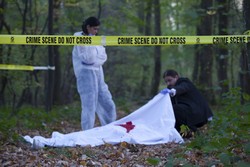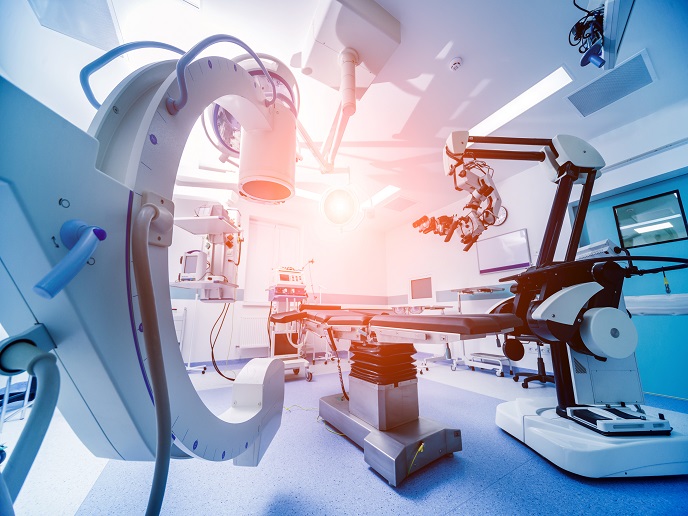Soil microbes as crime fighters
The MISAFE(opens in new window) (The development and validation of microbial soil community analyses for forensics purposes) project is part of the EU's commitment to a safe Europe. Its aim was to develop tools that will enable soil samples to be routinely used in forensic investigations. The EU-funded consortium comprised small and medium-sized enterprises, police forces and academic institutions. Soil analysis is a valuable ally in forensic investigations as it can provide clues on the origin of an unknown sample, or be used to compare samples from a crime scene with a suspect. However, to date, the application or use of soil information in criminal investigations has been limited, often due to a lack of awareness of the important role it can play. Microbial diversity in soil is largely uncharacterised due to its vast scale; it is estimated to range from 10 000 to 10 million species of bacteria in a single gram. Furthermore, more than 99 % of bacteria do not grow under laboratory conditions or in microbial media. However, powerful molecular technologies can be used to isolate and characterise bacteria DNA, thereby overcoming the problem of cultivation. Although some species of bacteria are abundant in the natural environment, most species are composed of very small populations, the so-called rare biosphere. Therefore, the structure of the bacterial community can provide a powerful tool for tracing the origin of a soil sample. The MISAFE project promoted the forensic use of soil microbial communities by developing appropriate technologies to ensure suitable resolution, reliability and robustness of results. Project partners developed sample collection, storage and processing tools for soil DNA that meet the needs of forensic science. Researchers also investigated the use of DNA technologies in soil forensic science for search and evidence, as well as data analysis software and user interfaces for soil DNA tools. In addition, MISAFE validated and legally consolidated the use of microbial soil forensic science across the different EU legal systems. It also provided basic standards and procedures for creating an EU-wide soil microbial database. The project's main impact has been to successfully demonstrate that ′soils can be brought to justice′. However, soil investigations are not merely limited to personal crimes. Soil bacterial profiling can also be used to help unravel environmental crimes: to link agricultural performance to soil biological properties: to map sites for metagenomics analyses, and much more.







